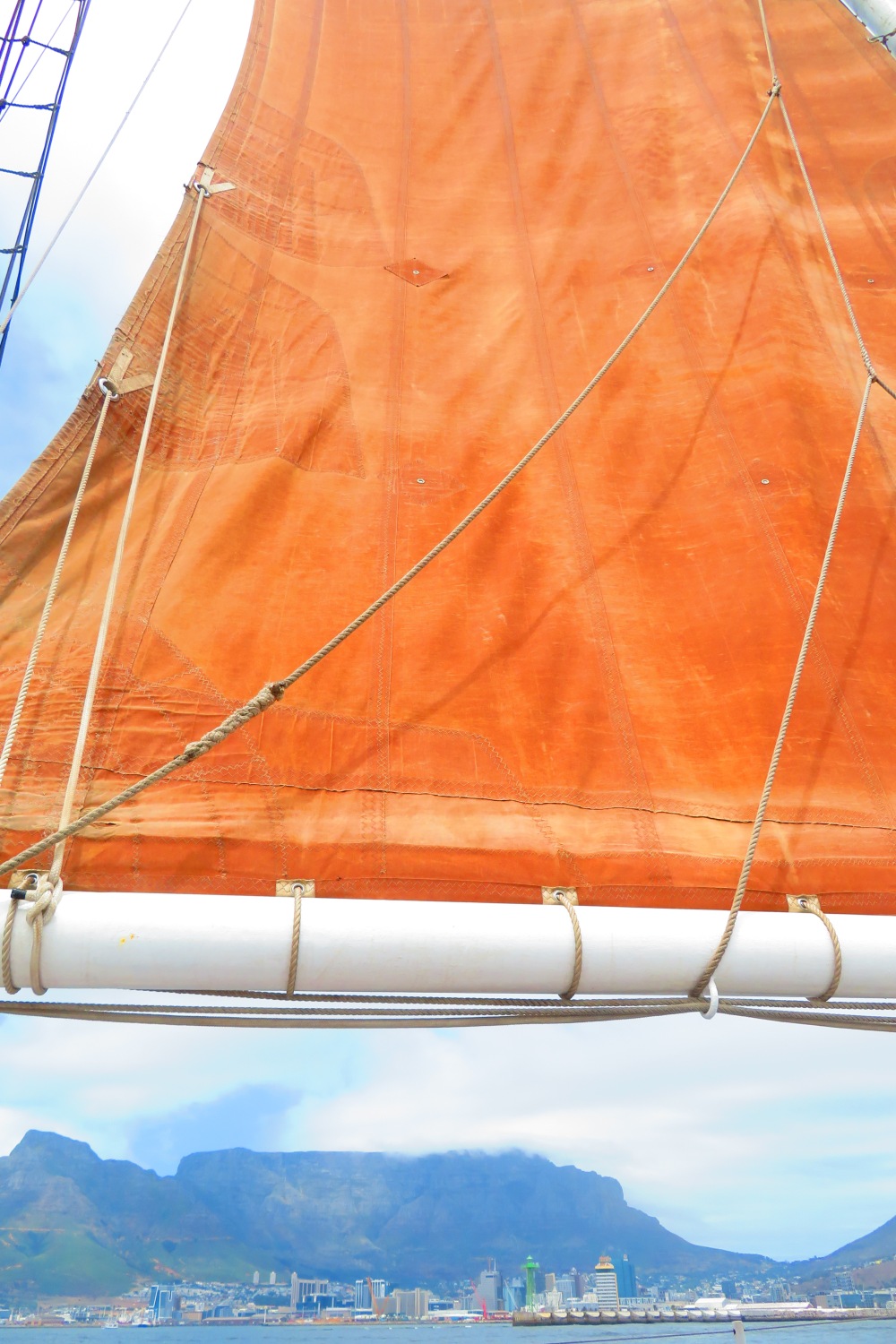
A small team arrived in #CapeTown #SouthAfrica.
We have been asked to provide information on #experiences of #normalcy and the following of #goodevidence.
Normalcy is an evidence-based protective factor for children and adults. Protective factors reduce morbidity and mortality from a general health, mental health and social risk point of view. These factors are important in healthy child development (language, cognitive, physical, social and emotional development), children’s well-being, children’s general safety, mental health and general health.
Activities on offer in Cape Town, South Africa, offering normalcy in the context of the pandemic, that do not increase risk, if engaged in safely, with evidence-based risk reducing initiatives.
Normalcy:
1. Sailing – there are whales, dolphins, seals and penguins in the bays
2. Horse riding – in vineyards, valleys, mountains or on the beach
3. Hiking
4. Exploring mountains by 4×4 or mountain biking
5. Volunteering with animals or visiting animal parks – many safari experiences in the area now offer private drives to facilitate social distancing.
6. Surfing or kite surfing
7. Tours in vineyards – private tours to facilitate social distancing
8. Live music performances outdoors (or art performances)
9. Restaurants, cafes, pubs, shops – most facilitating social distancing and ventilation
10. Swimming or snorkelling
Cape Town offers lessons on developing or increasing skills in all activities above in safe ways that do not increase risk.
Many refer to the CCHH rules of evidence-based risk reducing initiatives (good clinical evidence):
1. Close – keep a safe distance at restaurants, cafes, pubs or during sport or exercise.
2. Cover – cover your mouth when cough or sneeze – avoid those who don’t, and cover food.
3. Hands – keep hands clean before touching food or face.
4. Home – stay home if you have symptoms or are sick or have been in recent confirmed contact with a positive case.
Good Clinical Evidence:
1. Temperature and symptom screens are available at nearly every shop, restaurant, cafe or pub. Screens were offered at airports and hotels.
2. Alcohol gel is available on nearly every restaurant table.
3. Many restaurants eg #Wimpy have facilitated screens to ensure social distancing.
4. Outdoor events such as music shows are on offer to facilitate social distancing.
5. People engage in protective and normative initiatives and activities – eg many children and adults are spending time with loved ones in nature – in safe ways – ensuring their hands are clean before eating and keeping a safe distance. Most individuals appear very calm and positive – “we do the basics, we look after ourselves, do what relaxes us and makes us happy, and we believe we will be fine, then we are fine”, as reported by a father of five children.
Unfortunately masks are mandatory for every individual in every context. Except for this item, South Africa is following good clinical evidence.
“At present there is only limited and inconsistent scientific evidence to support the effectiveness of masking healthy people in the community to prevent infection with respiratory viruses, including SARS-CoV-2” World Health Organisation, Dec 2020. More details available at https://apps.who.int/iris/rest/bitstreams/1319378/retrieve.
“There is limited evidence on the effectiveness of medical face masks for the prevention of COVID-19 in the community.” ECDC, European Centre for Disease Prevention and Control https://www.ecdc.europa.eu/sites/default/files/documents/covid-19-face-masks-community-first-update.pdf
We will provide more details in the next days or weeks.
#safari #4×4 #mountainbiking #hiking #horseriding #surfing #kitesurfing #sailing #mountains #livemusic #artperformances #whales #dolphins #seals #penguins